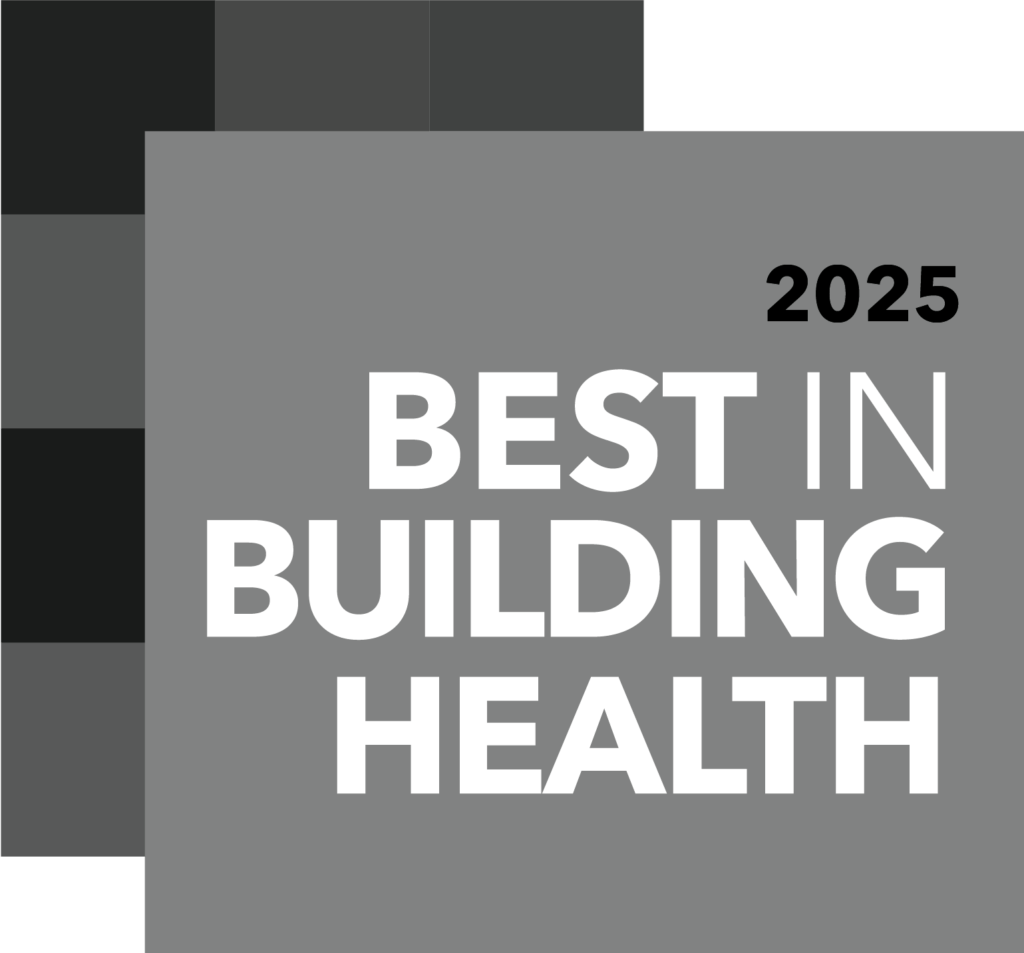Sign up to our newsletter











EVORA® and SIERA® are trademarks of EVORA Global Limited, registered with the U.S. Patent and Trademark Office.
All rights reserved.
Evora Global Limited © 2025